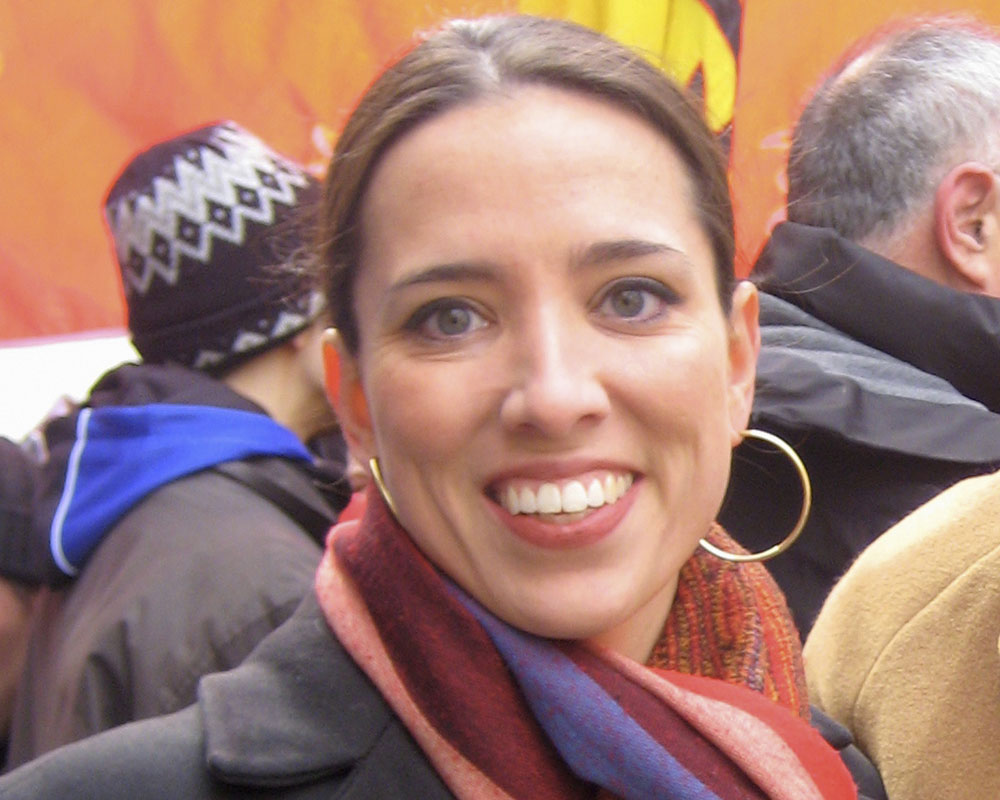As they settle in for debate on a sweeping police reform bill and more than 200 proposed changes to its text, House lawmakers will need to grapple with blistering opposition from one of the largest law enforcement associations in Massachusetts.
Lawmakers this month are closing in on new rules to hold police accountable for their conduct and dozens of police chiefs launched a volley of criticism Tuesday, complaining that both the House and Senate bills alter training and accountability too significantly and are advancing without sufficient input from police.
Hampden Police Chief Jeff Farnsworth, who serves as the president of the Massachusetts Chiefs of Police Association, said at a press conference that the legislation is “nothing more than a knee-jerk reaction to the events happening hundreds of miles away from here.”
“These bills are not a response to any current situation in Massachusetts,” Farnsworth said. “These bills are being used to make a political statement. They do not address issues in Massachusetts. If the legislature believes that there are these types of issues in Massachusetts, they need to reach out to their law enforcement leaders and point them out to us and discuss them with us to come to some type of equitable bill that will address both the safety of our residents and any perceived issues.”
The House began deliberations on its legislation Wednesday—eight days after the Senate approved its original proposal in a marathon 16-hour session.
Under the wide-ranging bill, Massachusetts would implement a new certification system for police under the watch of a commission—constructed differently in the House and Senate proposals—that could revoke officers’ certifications.
Both bills impose some limits on use of force such as chokeholds and tear gas, while they vary on how to scale back the use of qualified immunity to protect police officers from civil lawsuits following alleged misconduct.
Farnsworth alleged Tuesday the changes will discourage interested applicants from becoming police officers and the limits imposed “will cause our current officers to hesitate at times that it is most critical for them not to, jeopardizing their own safety and the safety of our residents.”
Police chiefs said they have been pushing for years for Massachusetts to adopt a Peace Officer Standards and Training, or POST, system, and they contrasted their opposition to the House and Senate bills with support for Gov. Charlie Baker’s more limited proposal.
The governor’s bill, filed in late June after protests started but before either the House or Senate released their versions, would create a certification and decertification system.
Natick Police Chief James Hicks, who chairs the Municipal Police Training Committee, said that the Chiefs of Police Association first voiced support for POST in 2010, but that lawmakers never took substantial action until this year.
He criticized lawmakers for proposing to replace his committee’s role with a new training protocol.
“No one asked us as professionals as to what we do and what we train our officers,” Hicks said. “The assumption was our officers don’t know this and haven’t done this because that was the easy rhetoric to use.”
Some pieces of the bills had been filed as standalone proposals and included in legislative hearings earlier in the session, but momentum grew immensely in the wake of national protests sparked by the death of unarmed Black man George Floyd at the hands of white police officers.
Public opinion largely backs reforming law enforcement. In a late June Suffolk University poll for the News Service and other news outlets, an overwhelming majority of Massachusetts residents supported licensing police, banning chokeholds, and ending qualified immunity for police.
Sen. Sonia Chang-Diaz, a lead supporter of the Senate bill and the chamber’s only member of the Black and Latino Legislative Caucus, said in a Wednesday statement that it is “false, and, candidly, part of the problem” to argue that the legislation responds to problems not present in Massachusetts.
“Take the time to talk with 100 Black and brown residents of the Commonwealth and a heart-breakingly high proportion of them will recount to you adverse experiences they and their loved ones have had with law enforcement,” Chang-Diaz said. “That doesn’t mean all cops are bad people. But it does mean there’s a problem. We cannot begin to solve these disparities and the harm they do to public safety if we don’t acknowledge they exist in the first place.”
After the Senate’s bill faced criticism and parliamentary delay tactics from Republicans, House leaders opened up a public comment period before releasing their version of the legislation.
They received thousands of pages of submissions from across the political and public spectrum.
That step did not satisfy the chiefs’ association, though, whose members criticized both the House and Senate versions on Tuesday for advancing to the floor several weeks after massive protests against police violence and systemic racism swept both the state and the country.
“Our Legislature has time and time again stated that prior to passing any bills, they need to take the time to study and understand the bills and what it means to our communities,” Farnsworth said. “They have failed to do that in this situation. They have been rushing bills through in a very, very short time period, one of the most condensed time periods we have ever seen.”
Representatives filed 217 amendments to the House bill ahead of Wednesday’s debate.
Among the proposed changes are exemptions on use-of-force restrictions to allow certain techniques in scenarios, such as chokeholds, where an officer detects imminent harm or to exempt pepper spray from a list of restricted chemical weapons.
Amendment 71 from Rep. Lindsay Sabadosa, a Northampton Democrat, would create “Community Emergency Response Teams” that would replace law enforcement as the primary responders to a range of emergency calls where team members’ expertise in social work and mental health applies, such as substance abuse, domestic disputes and larceny under $250.

